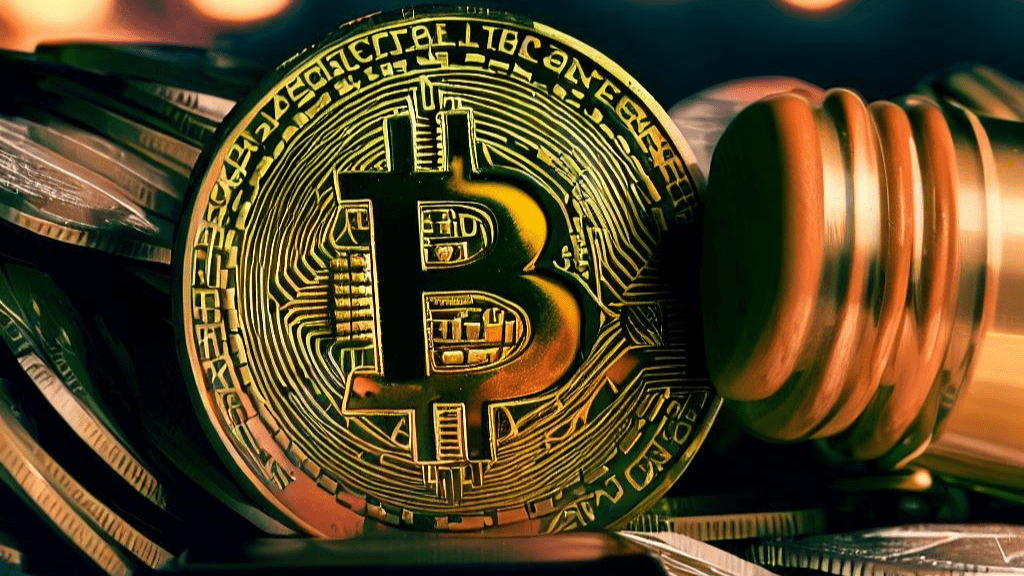
In a dramatic turn of events, cryptocurrency exchange Huobi has found itself under intense scrutiny as reports emerge of massive outflows totaling a staggering $64 million over a single weekend. This alarming development coincides with a significant decline in the exchange’s Total Value Locked (TVL), dropping from $3 billion to $2.5 billion in just one month, according to data from DeFiLlama. Concerns over Huobi’s financial stability have been amplified by statements made by Adam Cochran, a respected fintech executive, angel investor, and crypto Twitter analyst.
Allegations Emerge Amid Unprecedented Outflows
The trigger for Cochran’s observations was reports of leading cryptocurrency exchange Binance executing a substantial sell-off of Tether (USDT), a prominent stablecoin in the crypto market. Cochran connected Binance’s USDT sell-off to potential concerns about Huobi’s financial health. He raised suspicions about the possibility of Huobi’s solvency being linked to peculiar balance shifts that have occurred on the platform over the past month.
Adding a layer of complexity to the situation, Cochran’s remarks coincided with swirling rumors of potential police investigations involving Huobi executives and individuals associated with Tron, a blockchain platform founded by crypto entrepreneur Justin Sun. Cochran even shared a list of names that he claimed had been detained, including personnel responsible for various aspects of the exchange and technology. Intriguingly, the tweet containing this list was later deleted.
Exploring Motives and Speculations
Cochran’s speculation delved deeper as he sought to uncover the motivations behind Binance’s significant USDT sale. He mused that Binance might be aiming to challenge the supremacy of USDT and promote stablecoins under their direct control. Alternatively, Cochran proposed that Binance could have concerns about the actual magnitude of Tron’s USDT holdings. Cochran’s theory was driven by his assessment of Huobi’s holdings.
Unanswered Questions and Controversy
Cochran boldly claimed that when combining USDT and USDC, Huobi’s asset pool amounts to a mere $90 million. In stark contrast, Huobi’s own “Merkle Tree Audit” proclaims that users hold $630 million worth of USDT on the platform, with a wallet balance totaling $631 million. This glaring discrepancy raises serious concerns that users’ perceived balances on Huobi might not align with the actual available funds. Cochran suggested that these missing funds could potentially be deployed to maximize yields in platforms linked to Justin Sun’s projects, such as Tron, Poloniex, and other DeFi applications.
Despite Cochran’s assertions, Huobi’s head of social media took to Twitter to vehemently deny any rumors of police involvement or disruptions in the exchange’s operations. She affirmed that the platform continues to function as usual. She urged for a thorough investigation into the sources of such information and cautioned against spreading fear, uncertainty, and doubt (FUD).
While Cochran stands by his statements, disclosing a Tron senior executive as his source, it’s important to note that Huobi’s journey this year has been marked by challenges. In January, the exchange announced a layoff of 20% of its workforce and later faced regulatory orders to suspend operations in Malaysia. Recent reports also indicate the departure of at least one C-level executive from the exchange in recent weeks.
Navigating Uncertainty in the Cryptocurrency World
As the unfolding narrative continues to captivate the cryptocurrency community, the allegations and speculations revolving around Huobi’s financial stability, coupled with its potential connection to Binance’s USDT sell-off, cast a veil of uncertainty over the industry. While Cochran’s statements have ignited a firestorm of speculation, a thorough and impartial investigation is essential to ascertain the truth behind these complex and interconnected developments.


Get the latest Crypto & Blockchain News in your inbox.